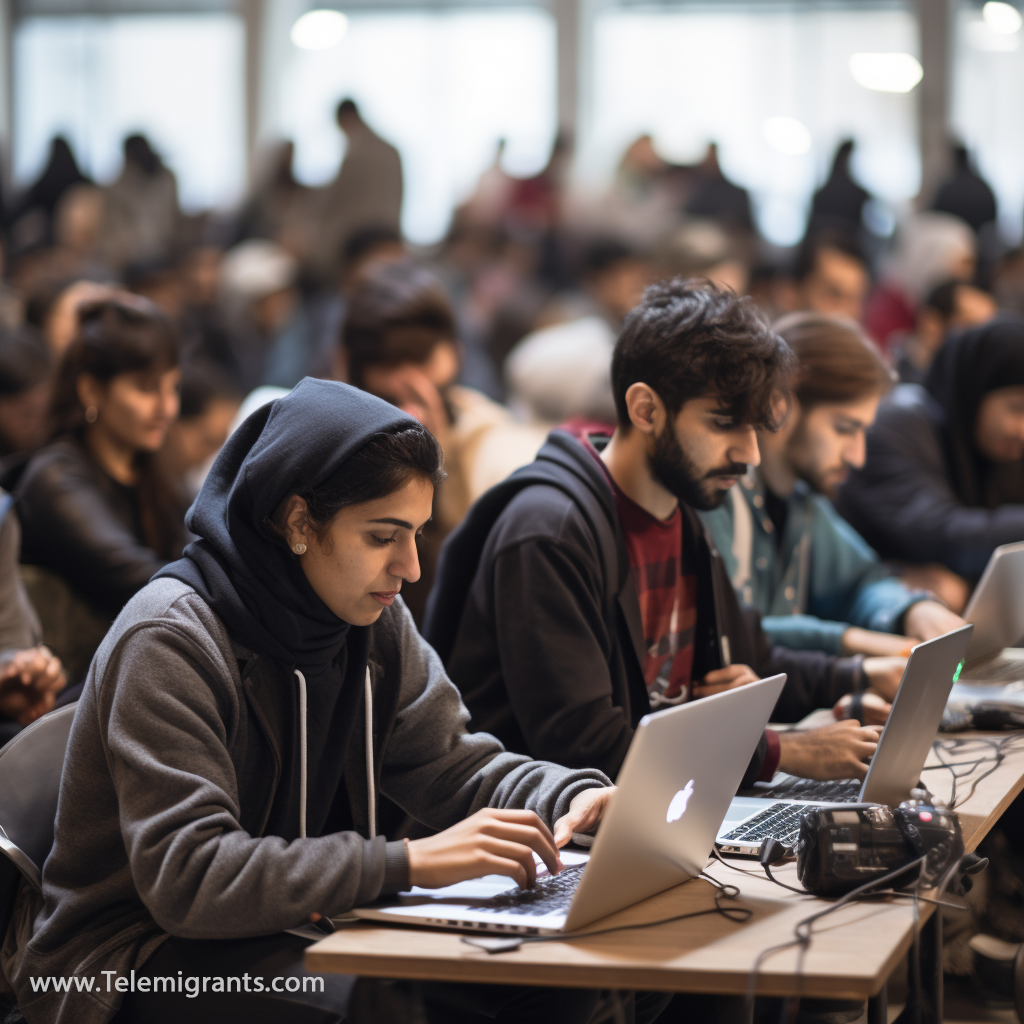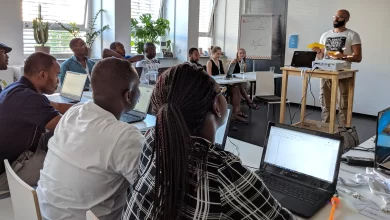Using machine learning to support refugee success

In a world marked by upheavals and displacement, the journey of refugees is often one of resilience, hope, and the pursuit of a better future.
As we navigate the complexities of this humanitarian challenge, the integration of technology, particularly machine learning, emerges as a beacon of promise in transforming the refugee experience.
This article explores how machine learning is being harnessed to empower refugees on their journey towards success.
Understanding the refugee experience
The plight of refugees involves overcoming myriad challenges – from navigating unfamiliar cultures to accessing education, healthcare, and employment opportunities. Machine learning, a subset of artificial intelligence, offers a multifaceted approach to address these challenges and enhance the prospects of success for those seeking refuge.
Education access and personalized learning
One of the critical aspects of refugee empowerment is access to education. Machine learning algorithms can analyze individual learning patterns, adapting content to suit the unique needs and pace of each refugee. This personalized learning approach ensures that educational resources are not only accessible but also tailored to the diverse backgrounds and learning styles of refugees.

Language acquisition and cultural integration
Language is a gateway to integration. Machine learning facilitates language acquisition by providing personalized language learning programs. These programs take into account the refugee’s native language, cultural nuances, and preferred learning methods. By accelerating language acquisition, machine learning contributes to smoother cultural integration, fostering a sense of belonging in their new communities.
Employment opportunities through skill matching
Securing employment is a pivotal step towards self-sufficiency for refugees. Machine learning algorithms analyze the skills, qualifications, and experiences of refugees, matching them with relevant job opportunities. This not only accelerates the job-seeking process but also ensures that refugees are placed in roles that align with their expertise, fostering a sense of accomplishment and stability.
Healthcare accessibility and mental well-being
Access to healthcare is another crucial aspect of refugee success. Machine learning applications can streamline healthcare services by predicting potential health risks and facilitating timely interventions. Additionally, machine learning contributes to mental health support through sentiment analysis, identifying individuals who may need psychological assistance and directing resources accordingly.
Enhancing the resettlement process
Machine learning plays a pivotal role in optimizing the resettlement process. Algorithms can analyze various factors, including local economic conditions, housing availability, and community demographics, to recommend optimal resettlement locations.
This data-driven approach ensures that refugees are placed in environments conducive to their success and well-being.
Overcoming challenges and ethical considerations
While the potential benefits are immense, the use of machine learning in refugee support is not without challenges. Ethical considerations, data privacy, and the potential for algorithmic bias require careful attention. It is imperative to develop and implement machine learning solutions with a human-centric approach, ensuring that the technology serves as a tool for empowerment rather than a source of additional challenges.
Conclusion: A future of possibilities
Machine learning, when harnessed ethically and responsibly, holds the power to transform the refugee experience. By addressing educational, linguistic, employment, and healthcare challenges, machine learning contributes to creating a future where refugees not only survive but thrive in their new communities. As we embrace the potential of technology, let us ensure that it becomes a beacon of hope, guiding refugees towards success, resilience, and a brighter tomorrow.




